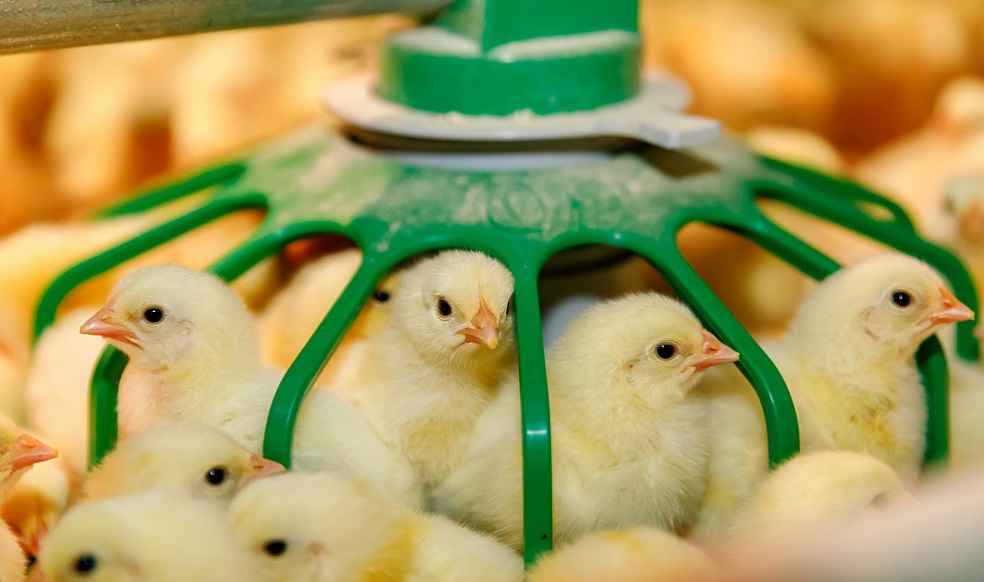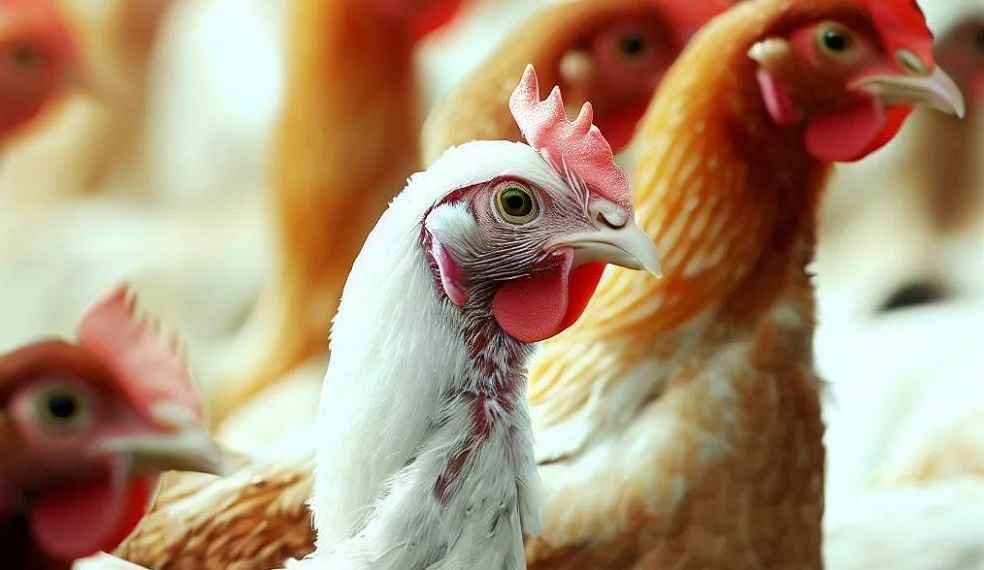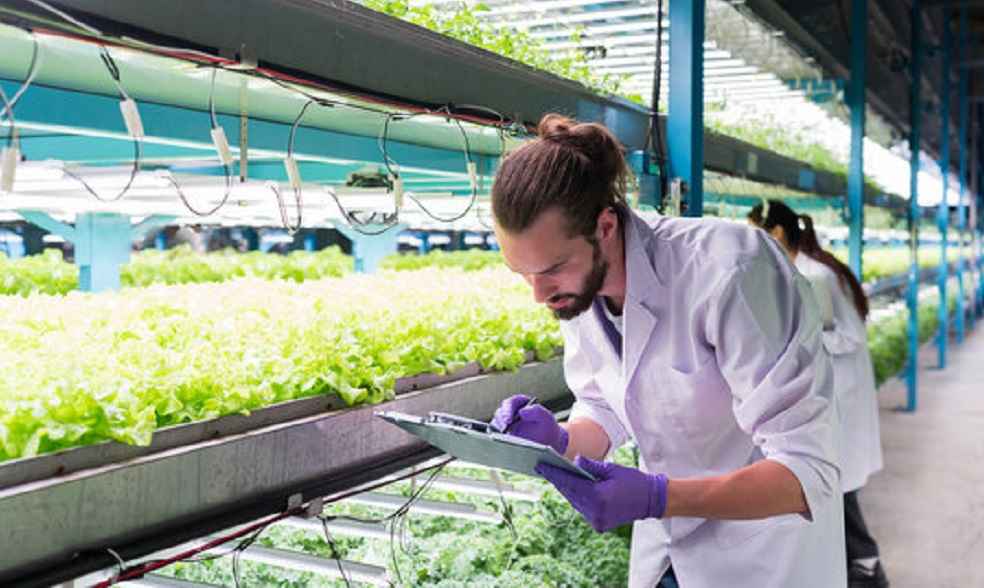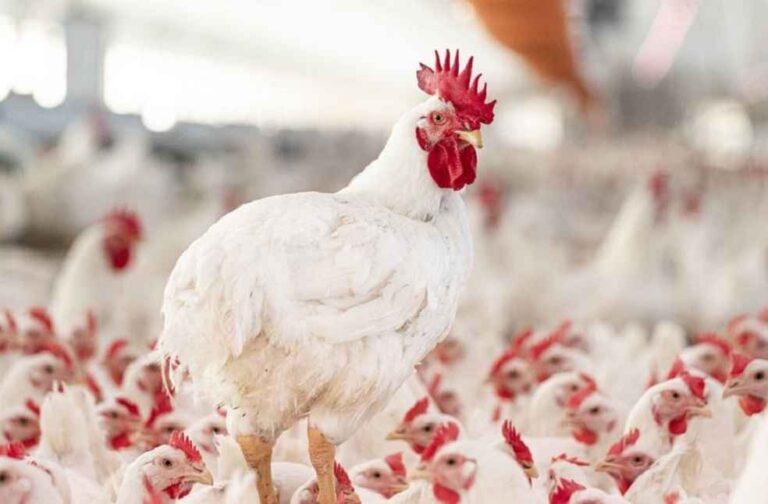Targeting enhanced food security, Saudi Arabia’s poultry production aspired to achieve 80 percent autonomy in chicken, poultry, and protein supplies by 2025. This initiative aligns with surging demand for hatching eggs, as highlighted by Ahmed Osilan, Managing Director at Tanmiah Food Co
Speaking to Arab News, Osilan underscored Saudi Arabia’s agricultural and scientific breakthroughs, enabling the Kingdom to transition from an importer to an exporter of certain products. These milestones hint at Saudi Arabia’s potential to unveil new global trade horizons.
Surpassing 100 percent food security in table egg production symbolizes an industry evolution. Companies like Tanmiah Food Co. are venturing beyond national borders. Osilan emphasized the essence of achieving sustainable food security: “Growing corn and soya in Saudi Arabia is now our only challenge left to achieve 100 percent food security in Saudi Arabia.”

From a 45 percent self-sufficiency rate in 2018, Saudi Arabia has witnessed a leap, with the figure now standing at 67 percent.
Fueling this surge is a pivotal partnership between Desert Hills Veterinary Services Co, under Tanmiah Food Co’s umbrella—and MHP SE, a prominent aggrotech consortium. Their joint investment, exceeding $53.33 million, caters to the Kingdom’s agricultural aspirations. This collaboration encompasses a modern hatchery and chicken feed mill, set to produce a staggering 175 million hatching eggs annually.
Osilan emphasizes the significance of genetic strategies to ensure a localized supply of hatching eggs, underpinning broader food security goals.

This alliance intends to immerse Tanmiah in deep expertise and procedural insights, cultivating a rich environment for research, development, and knowledge sharing. For a nation traditionally anchored to poultry imports, this journey towards self-sustainability marks a transformative shift.
Cultivating foundational crops, especially corn and soybeans, remains paramount. Saudi Arabia harnesses advanced techniques such as vertical farming and wastewater optimization to tackle this challenge. Osilan is optimistic, believing the Kingdom stands on the threshold of unprecedented agricultural success.
These endeavors hold promise not just for Saudi Arabia but offer a blueprint for other Arab nations like Lebanon, Algeria, and Morocco—currently dependent on food imports.

Osilan’s vision reflects a more profound sentiment: “Saudi Arabia is now not only concerned about food security for the Kingdom but also concerned for food security for the entire Arab region, in fact, for the entire globe.”
With Saudi Arabia’s chicken consumption paralleling giants like the US and EU, the unwavering poultry demand reinforces the importance of this self-sufficiency journey. Saudi Arabia’s poultry trajectory not only underscores national dedication but also projects a globally attuned vision for a food-secure tomorrow.
GLOBAL ROUNDUP | India Clarifies Rice Export Ban at WTO Amid Global Food Concerns



